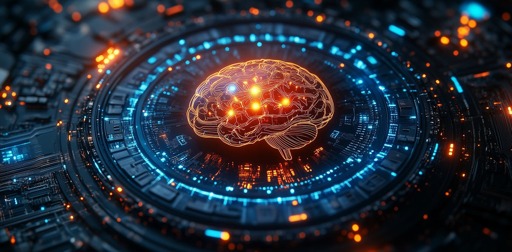The rapid spread of artificial intelligence has people wondering: who’s most likely to embrace AI in their daily lives? Many assume it’s the tech-savvy – those who understand how AI works – who are most eager to adopt it.
Surprisingly, our new research (published in the Journal of Marketing) finds the opposite. People with less knowledge about AI are actually more open to using the technology. We call this difference in adoption propensity the “lower literacy-higher receptivity” link.



I think this is true for a lot of things. iPhones, Nike, Spam
The more I’ve learned about technology, the more hardline I’ve become against having it in my life.
The world is not a blank slate to paint on. Every new thing that you add to your life takes away something which used to be there in previous generations, and the consequences of such can be far reaching and unpredictable. Society as it was, was not built overnight through deliberate intention, but was hard won by millennia of blood, sweat and tears. Changing everything now on the whims of fully grown toddlers who are so wealthy that they’ve never even been aware of the existence of the real world is the peak of insanity.
Neither the position to keep all the old solutions because they are old nor to adopt all the new solutions because they are new is sensible.
Some old solutions worked in the past and don’t work anymore because the actual world around us changed (the bits outside our control, e.g. some resources might be more sparse but were more plentiful in the past, human populations are larger, the world is more interconnected,…).
Some old solutions appeared to work in the past because we didn’t have the knowledge about their flaws yet but now that we do we need new ones.
Some new solutions are genuine improvements, others are merely sold by marketing and hype.
Some new solutions have studies, data or even logic and math backing them up while others are adopted on a whim or even contrary to evidence or logic.
We can not escape the fact that the world is complex and requires evaluation on a case by case basis and simplistic positions like “keep everything old” or “replace everything old” do not work.
That’s what really bothers me about it. I actually got an education in STEM and was really hyped to contribute to building new technologies, until I came to understand that the people leading the charge appear to be hardliners driving as forcefully as they can to implement a completely artificial world right here and now.
Eventually you’ll decide pottery, clothing, and agriculture need to go
They’re already attacking agriculture for the existential threat of cow farts.
Actually, cows emit more methane from burping
On the off chance that you’re serious, methane also breaks down incredibly fast, so it’s a complete non issue regardless of how much they produce.
Drag was being silly because you were being silly.
Also, the half life of methane in the atmosphere is 9 years. You think that’s incredibly fast? Interesting, guess some people perceive time a lot faster.
I wasn’t being silly. They’ve literally been pushing that argument.
Are you sure that wasn’t just an offhand line in the Green New Deal proposal that Fox news decided to run an entire ad campaign on in order to blow it out of proportion and associate environmentalism with “taking away your hamburgers” in the eyes of the voters?
… Trump.